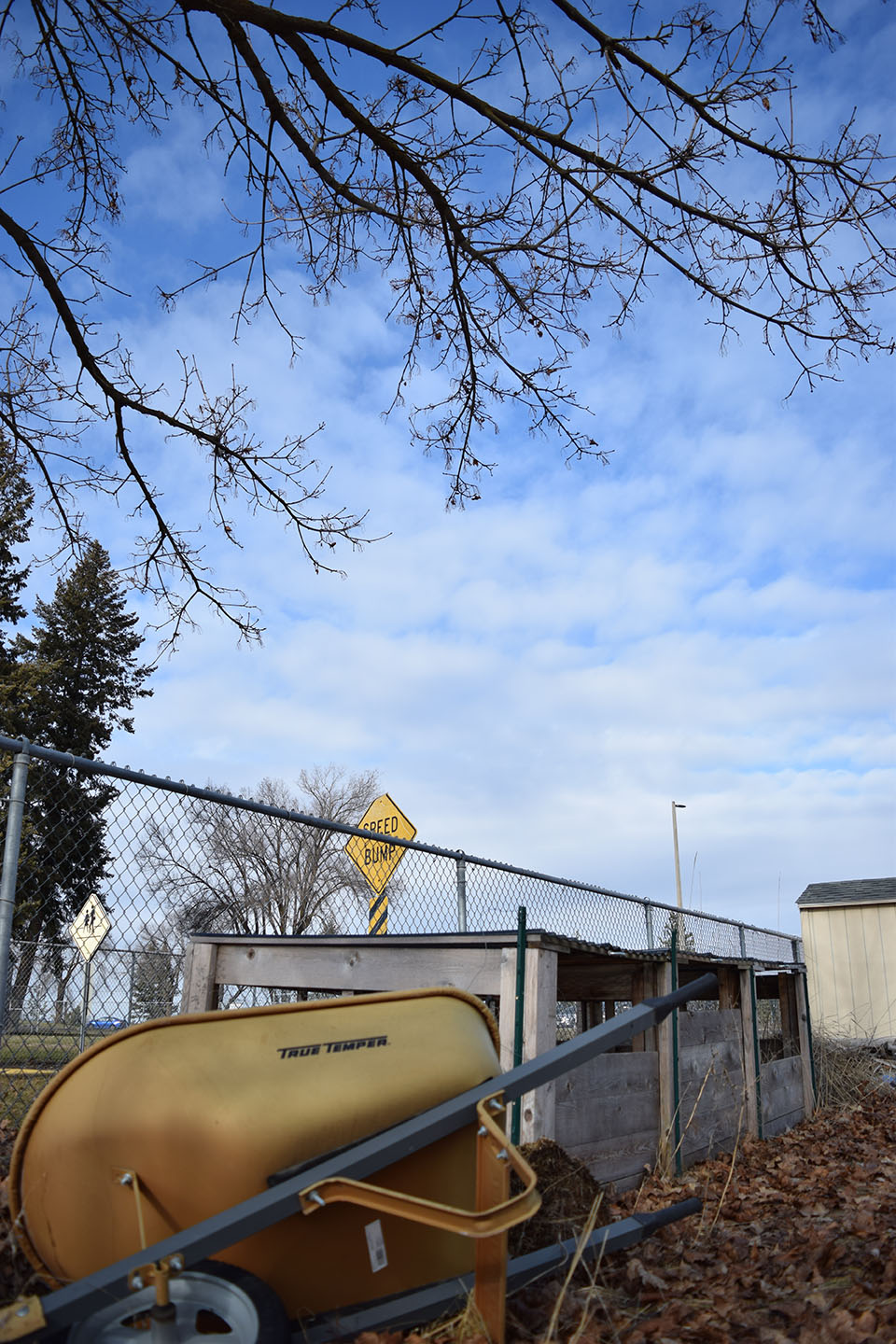In a 2011 survey, SFCC students were asked to assess what they thought of counseling and advisement; advisors did not get good results.
Two interventions were developed to combat the flaws in the system: early alert and academic advising, which are both part of the Achieving the Dream Initiative funded by College Spark. College Spark is an organization whose goal is to work with colleges so they can have higher success rates.
Academic Advisement aims to help students succeed in their classes and college life.
“Academic advising is not just to help students register for classes, but to help them throughout their college career.” says Jim Minkler, The Vice President of Learning at SFCC. “Achieving the dream is not only to help quarter to quarter, but year to year.”
Academic Advisement is a way to help spread out the work load.
“The program urges help from more than just counselors.” Minkler said, “We are asking faculty to step up, and each take on five students and help them with their academic issues, and take some of the load off of the counselors, so they can do more of what they are good at, while faculty works directly with their students in whatever field they are studying”
Instructors will mentor and assist students whose majors fall within their departments.
“We are trying to find an accelerated way to get students through to college level math, reading, and writing,” said Minkler.
“It is our goal to mentor to get students to the next level in their academic career,” said Kurt Kinbacher, an instructor in Social Science. “I have been through a program they designed for instructors called academic advisement training. Ideally students will be advised by an instructor in their major of interest.”
Kinbacher goes on to say that he sees it becoming a good program because, “There will be more contact between instructors and their students, the students that I advise are taking one of my classes.”
“It’s a very flexible system, everyone benefits from good advice,” said Kinbacher. “There’s a whole system of people willing to give advice; if a student asks me something I’m not sure of, I can call someone from another department.”
Kinbacher explains that if a student decides to transfer to SFCC as a history major, they would come talk to him, and he will help them with the process.
The program is set to launch in the spring, however several departments have started advising some students, while some students are cautiously optimistic about how it will work out.
“It sounds really interesting,” said Crystal Aguilar, a student at SFCC. “It would be nice to get in contact with someone that can help you with your specific academic issues.
“I am just concerned if there are enough faculty for all the students here and if they are going to release more information about it.”

